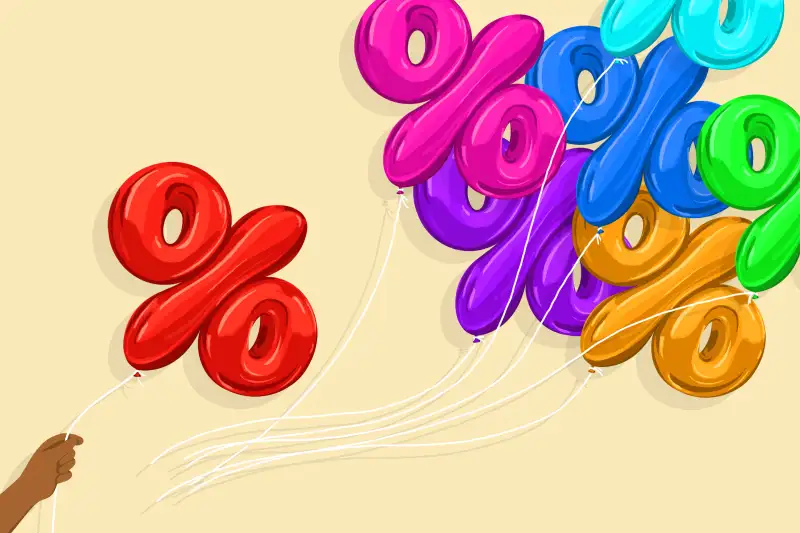5 Money Moves to Make Before the Fed Hikes Interest Rates

A two-year era of record-low interest rates is about to end, perhaps as soon as next month. That means the clock is now officially ticking, both for borrowers and savers.
The Federal Reserve is weighing when it will begin increasing the federal funds rate this year, and how aggressive it will be in doing so to tame inflation that’s running at a 40-year high. In a statement following the central bank’s policy meeting in January, Fed officials said a strong labor market and high inflation warrant a rate hike ‘soon.” Traders see a greater-than 95% probability the Fed will do so at its next meeting in mid-March.
The first rate hike is symbolic; it marks the end of the near-zero rate environment the Fed implemented in the early days of the Covid-19 pandemic. What’s more significant, however, is that policymakers will likely continue raising interest rates this year. Several banks on Wall Street are projecting a total of five rate hikes, which would bring the federal funds rate to as high as 1.5% by year-end.
What does this mean for you? There’s one potential item on your personal finance to-do list that you may want to tackle ahead of the Fed’s next meeting. More broadly, however, you’ll have some time to prepare your finances. “You don’t need to go shoot from the hip and make rash decisions,” advises Robert Gilliland, managing director and senior wealth advisor of Concenture Wealth.
In order of priority, below are five smart money moves you may want to consider.
